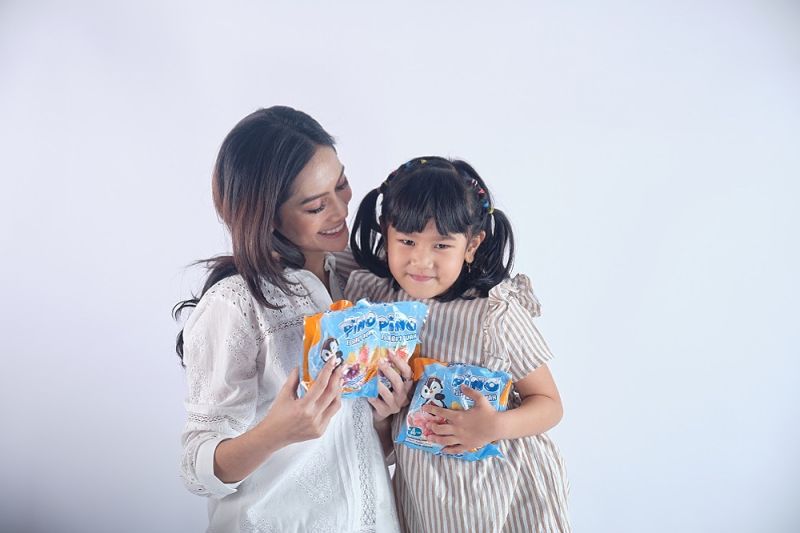JABAR EKSPRES – University of Indonesia Public Health Expert and Nutritionist Widya Fadila explained that people, especially children, need to know how to read labels on packaged food.
“People must continue to implement health protocols and become smart consumers in choosing safe food. So it is important to teach children a simple way to choose safe snacks according to BPOM’s appeal, namely Check KLIK (Check Packaging, Label, Distribution Permit & Expiration) before buying or consuming processed food,” said Widya Fadila, in an official release on Sunday.
Widya further explained that many cases of mass poisoning in school children occur due to low hygiene in the processing and storage of snacks at school.
As a result, children who experience poisoning can cause nausea, vomiting, diarrhea, abdominal pain and difficulty breathing. Therefore, parents are expected to teach their children to choose safe snacks according to Cek KLIK.
READ ALSO : Manchester City Flies to The Seventh Heaven
Here are four simple steps to teach KLIK Check (Check Packaging, Label, Distribution Permit & Expiration) snacks to children:
1. Packaging
Teach children how to see and choose packaging on packaged foods. For example, by teaching children to choose canned packaging that is not dented or perforated. And show examples of damage to canned packaging that should be avoided and the dangers that may occur.
2. Labels
Introduce children to the meaning of the labels on packaged food. It can start from the BPOM logo, important information related to sensitive food content such as allergen content.
Then for children with certain allergens, teach them to read the composition of the product. Avoiding snack products with the words “Contains allergens…”
Teach children to recognize the types of allergen triggers & how to avoid them as basic knowledge of their body.
3. Distribution permit
Give children an understanding that in Indonesia the sale of packaged food has a distribution permit issued by BPOM, which means that the food can legally be circulated in the wider community.
